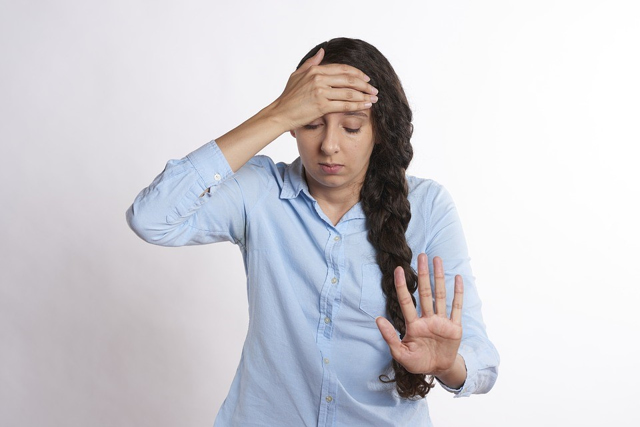When Are Energy Drinks Needed?

Whether you’re a working stiff, an active parent, or a health buff, you know that constant, rigorous activity can take its toll on you. Frequent activity can really tucker you out, and it’s not just our muscles that get tired. Jobs and tasks that involve heavy brain function can tire you out and reduce your alertness and thinking capacity. It’s with this in mind that energy drinks – and their healthy alternative, natural energy drinks – were invented.
Usually when heavy activity takes its toll, we can look forward to a deep and restful slumber, waking up fully energized in the morning. But we also know that this isn’t always easy, either. Any number of things can prevent or disrupt our sleeping patterns: young children who get sick; excessive noise; or an anxiety condition. In many of these cases, you can temporarily alleviate fatigue by drinking energy drinks or natural energy drinks.
But energy drinks are not a panacea for the slowdown blues. Even natural energy drinks may not be the best option at times. While natural energy drinks seem to be the reflexive go-to when you haven’t had twenty winks, there are reasons to not have them at certain times or in certain situations as well.
Energy Drinks vs. Natural Energy Drinks – How Do They Help?
Energy drinks have a number of active ingredients that stimulate the nervous system and cause a spike in blood sugars, giving your cells and your nerves a temporary “boost” when you need to wake up fast. This causes an increase in heart rate and focus, and it can make pressing tasks easier when you haven’t had requisite rest. But how typical energy drinks achieve this differs from how natural energy drinks do it.
Your standard energy drink is found in coolers at your local convenience store, or in cases at big box stores. These are usually carbonated, and they contain several ingredients that are conducive to stimulating a temporary jolt, including Taurine and high amounts of caffeine and sugar. The sheer content of these ingredients means there are serious risks to drinking in excess of one energy drink a day that you don’t see with natural energy drinks.
Having more than one serving (can) of Taurine-based energy drinks in a day can lead to digestive problems, frequent insomnia, high blood pressure, and a fast heart rate (which has been known to require emergency room visits in some cases). The sugar content is of concern as well, with the possibility of blood-sugar spikes which are particularly harmful to diabetics. High caffeine and sugar content are not an issue for natural energy drinks.
The active ingredients in natural energy drinks come from herbal sources, often adaptogens – a class of plants found in the Amazon which are used in traditional medicine – or Yerba Mate, which is derived from a plant containing caffeine often used to make a hot drink (mistakenly called a tea). Natural energy drinks typically contain no sugar or calories and half of the caffeine per serving of their carbonated counterparts.
Natural energy drinks, in addition, have added natural ingredients which aid in health, such as Vitamin B6 and B12, potassium, ginseng, and thiamin. Their sweetness comes from natural food additives, and their energy delivery is spaced out over a slightly longer time with a less intense spike and crash.
When You Should Have Natural Energy Drinks
There are clearly times when we absolutely need to function. The availability of high-caffeine drinks makes them tempting, but they aren’t as safe or healthful as natural energy drinks. Natural energy drinks are appropriate for times when you simply can’t muster the energy, strength, or cognition for a pressing task, whether it be work or family affairs.
Natural energy drinks also have the ancillary benefit of added nutrients, which is good for those who are nutrient-deficient. Their absent sugar content makes them safe for those with blood sugar conditions, and their low caffeine content is supplemented by boosters from natural fruit additives.
When You Shouldn’t Have Natural Energy Drinks
Alertness isn’t the only appeal that makes natural energy drinks marketable; they also taste good and are readily available, making them a tempting resort for a quick morning pick-me-up. However, natural energy drinks and regular energy drinks also contain active ingredients, which can be harmful in excessive doses or under specific conditions.
Natural energy drinks should be consumed with caution or avoided during pregnancy, or if you have hypertension, insomnia, anxiety conditions, or problems with motor function. They should also not be consumed within two to three hours of bedtime, and consumption should be stopped if bowel problems develop.
Where Can I Find Natural Energy Drinks?
As natural energy drinks grow in popularity, they will increasingly be found in grocery stores with health food sections, but your area may not have outlets that carry them. Fortunately, natural energy drinks in many flavors and varieties are available online.

Leave a Reply